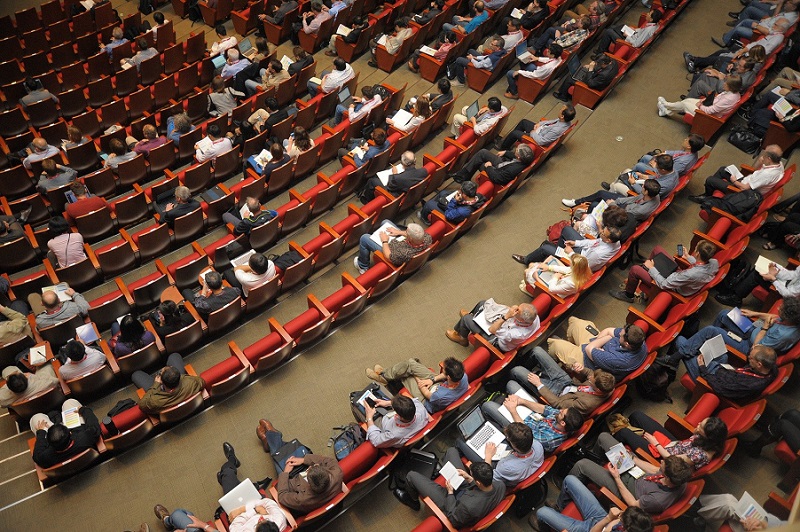On Wednesday, 27 April 2022, two lectures will be held to accompany the ceremony of awarding the honorary doctorate degree of the University of Silesia to prof. Romá Tauler Ferré. The lectures will be delivered by the distinguished doctoral student prof. Roman Tauler Ferré and the reviewer, prof. Alejandro C. Olivieri.
- Prof. Romá Tauler Ferré „Multivariate Curve Resolution – a powerful chemometrics tool” – 27 April (Wednesday) at 10 a.m., lecture hall P/0/05 at the Faculty of Science and Technology (Chorzów, ul. 75 Pułku Piechoty 1A), summary: Multivariate Curve Resolution (MCR) has been called ‘the sleeping giant of Chemometrics’. MCR is a lively methodology which has not yet shown its full power. In this presentation, major achievements in the implementation of the Multivariate Curve Resolution Alternating Least Squares (MCR-ALS) method will be summarised, as well as its application in different fields and how it has evolved over years. MCR-ALS has been designed to tackle the mixture analysis general problem by expressing the original data through a bilinear model factor decomposition of pure component contributions. When appropriate constraints based on physical, chemical and mathematical data properties are applied, the interpretation of MCR-ALS results are straightforward and meaningful. Theoretical aspects related with uncertainties will be shown, as well as recent proposals and extensions of this very flexible chemometrics approach;
- Prof. Alejandro C. Olivieri „Multi-way calibration and its analytical advantages” – 27 April (Wednesday) at 10 a.m., lecture hall P/0/05 at the Faculty of Science and Technology (Chorzów, ul. 75 Pułku Piechoty 1A), summary: In this lecture, the following topics will be covered: (1) multi-way structures of instrumental data, classified according to the data modes for one sample (the order) and the modes of a sample set (the ways), and also to whether they are multi-linear or non-multilinear (in this latter case depending on the cause for the multi-linearity loss), (2) multi-way models (parallel factor analysis, multivariate curve resolution, partial least-squares with residual multi-linearisation) and (3) experimental multi-way analytical applications, including the use of matrix excitation-emission fluorescence spectroscopy and liquid chromatography with spectral detection for the determination of specific analytes in complex samples.
The lectures will be delivered in English. The entrance is free.






